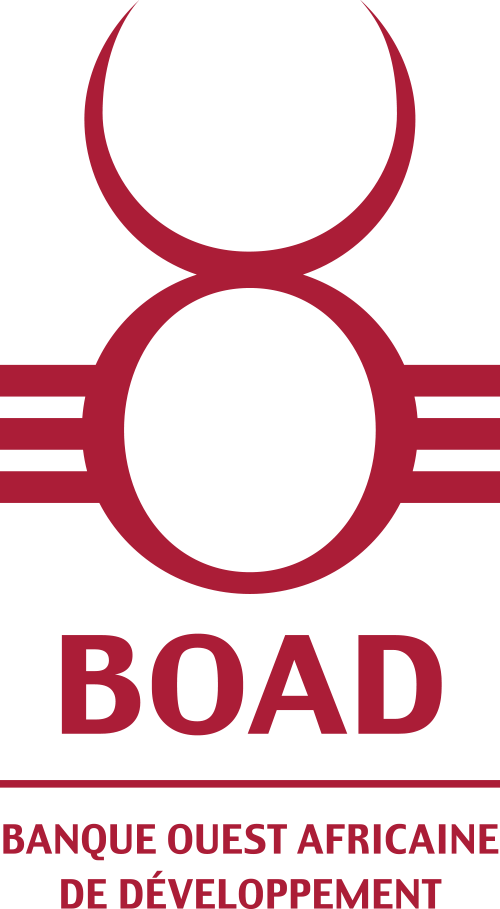FP102
Mali solar rural electrification project
Mali solar rural electrification project
This first phase of the project will promote rural electrification through isolated solar photovoltaic (PV) green mini-grid systems as a low-carbon and resilient solution to the effects of climate change in the energy sector of Mali.
This would be achieved by: increasing the rural population's access to electricity in 50 identified communities by (a) switching energy demand from diesel generators, kerosene lamps, paraffin candles and other emitting sources; and (b) by installing 4.83 megawatts of isolated solar PV mini-grid systems. In addition this project will strengthen the capacity of public institutions engaged in rural electrification; catalyse the development of an efficient solar market that will enable Mali to meet its renewable energy and greenhouse gas (GHG) reduction targets; contribute to the regulatory framework through capacity-building and putting in place an institutional framework to further promote the deployment of renewable energy; and catalyse the inclusion of the private sector in the programme through the incentivisation of workable and long-term operation and maintenance concessions.
This project has an estimated lifespan of 25 years.
Project timeline
Pipeline
15 Sep 2017 - 532 days
Concept note received
15 Sep 2017
Funding proposal received
25 Jun 2018
Cleared by GCF Secretariat
29 Nov 2018
Cleared by iTAP
28 Jan 2019
Approved
28 Feb 2019 - 714 days
Approved by GCF Board
28 Feb 2019
Legal opinion on AE's Internal Approval
22 Jun 2019
FAA executed
19 Dec 2019
Under implementation
10 Feb 2021 - 1,165 days so far
FAA effective
10 Feb 2021
Disbursement - USD 1,136,013
22 Jun 2021
To be completed
10 Feb 2025 - 297 days to go
-
Financing
- Private sector
- Public sector
-
Size
- Micro
- Small
- Medium
- Large
GCF financing4% disbursed
| Instrument | Amount |
|---|---|
| Loan | USD 26,350,460 |
| Grant | USD 1,784,547 |
| Total GCF Financing |
|---|
| USD 28,135,007 |
Co-financing
| Co-financer | Instrument | Amount |
|---|---|---|
| Co-Financing | Loan | USD 8,974,642 |
| Total Co-Financing |
|---|
| USD 8,974,642 |
GCF Contacts
General media inquiries
GCF CommunicationsSend e-mail
Request for information
GCF Information DisclosureRequest information about this project
Project complaints and grievances
GCF Independent Redress Mechanism (IRM)Phone +82 32 458 6186 (KST)
File a complaint
Integrity issues
GCF Independent Integrity Unity (IIU)Phone +82 32 458 6714 (KST)
Send e-mail
Accredited Entity

Banque Ouest Africaine de Développement (West African Development Bank)
Environment and Climate Finance Manager
68, Av. de la Liberation, Lomé, Togo
Principal Environmental Specialist
68 Av. de la Liberation, Lomé, Togo
More contacts
National Designated Authority
The Environment and Sustainable Development Agency
Head of department financial resources mobilization
Cite Administrative – Batiment No. 7 – BP: 1634, Bamako, Mali
Documents
| Title | Type | Date |
|---|---|---|
| 2022 Annual Performance Report for FP102: Mali solar rural electrification project | Annual Performance Report | 01 Dec 2023 |
| Gender action plan for FP102: Mali solar rural electrification project | Gender action plan | 03 May 2019 |
| Gender assessment for FP102: Mali solar rural electrification project | Gender assessment | 03 May 2019 |
| Mali solar rural electrification project | Approved funding proposal | 11 Apr 2019 |
| Environmental and social safeguards (ESS) report for FP102: Mali solar rural electrification project | Environmental and Social Safeguards report | 01 Feb 2019 |
News + Stories

GCF scaling-up clean energy access through solar based mini-grids in Mali
23 Apr 2019 / Mali is a landlocked country in the Sahel belt of West Africa where 80% of the population in the rural areas do not have access to electricity, while those with access are getting most of the electricity from diesel generators. The country’s primary electricity grid is dominated by hydro and thermal generation, with an increasing share of fossil fuel in the generation mix. Despite the immense potential of solar resources in the country, it represents only 3% of the country’s installed capacity.